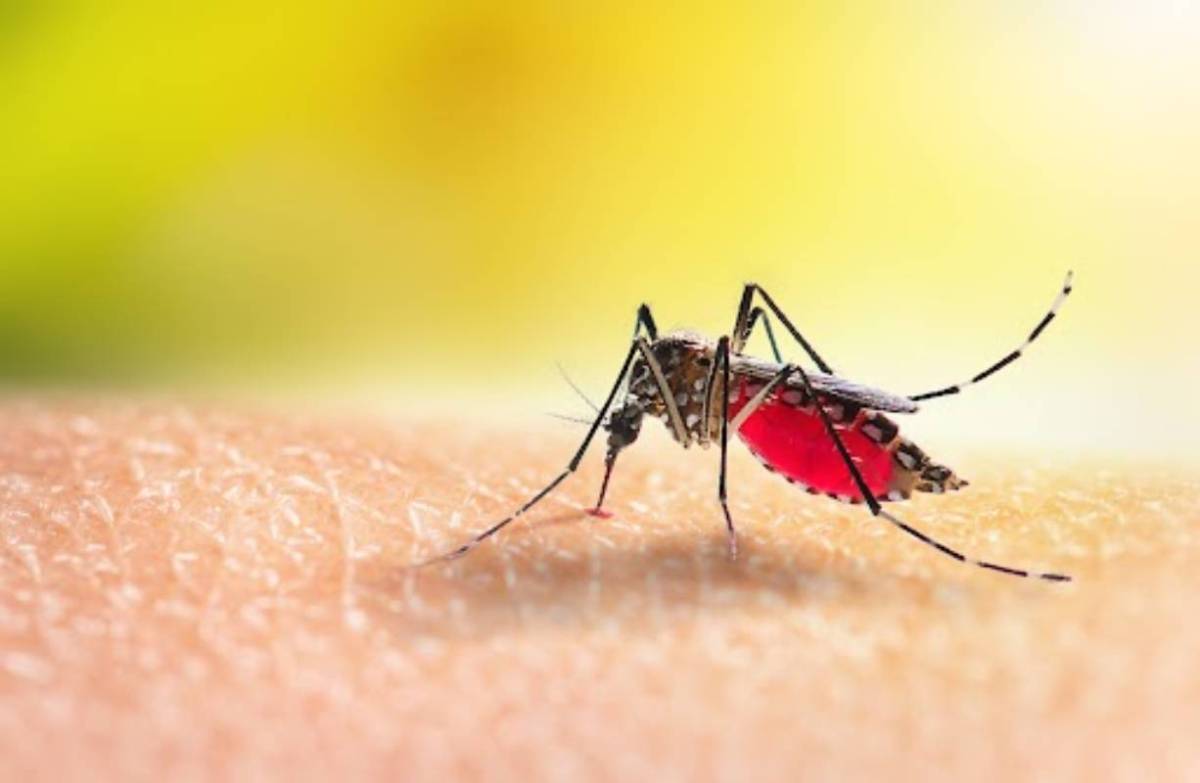Cancer & Mental Health
May is National Mental Health Awareness Month, so it seems befitting to bandy how a cancer opinion can affect the emotional health of cases, families, and caregivers.
Hearing the words “You have cancer,” can beget a wide range of studies, passions, and indeed physical responses. That can be fear, solicitude, sadness, loneliness, wrathfulness, treason, shaking, nausea, and pain. Just to name many.
During treatment, we tend to concentrate on the physical changes which result from treatment, ignoring the other changes which occur. Still, the emotional affects are frequently just as important. Ignoring the studies of, and passions in, cancer can complicate, or indeed intrude on, your overall recovery.
When it comes to cancer treatment, if you suffer from past problems like pre-diagnosed health conditions such as internal systems, you may have to disclose those conditions to your doctor before making decisions about treatment.
still, it’s important to come familiar with the emotional and internal changes that generally do with a cancer opinion and notify your oncologist right down if you start to witness them If have no previous history of internal health issues.
Anxiety – Cancer and Mental Health
Anxiety means feeling uncomfortable, upset, or spooked about a real or possible situation. Symptoms include
- Anxious facial expressions
- Unbridled solicitude
- Trouble working problems and fastening studies
- Muscle Pressure (the person may also look tense or tight)
- Pulsing or shaking
- Restlessness may feel reconciled up or on edge
- Sot’s mouth
- Perversity or angry outbursts (grouchy or short-tempered)
Depression
– Cancer and Mental Health
Depression is when a person has been sad for a long time or is having trouble carrying out day-to-day conditioning. Symptoms include
Ongoing sad, hopeless, or “empty ” mood nearly every day for the utmost of the day
- Loss of interest or pleasure in conditioning that was formerly enjoyed
- Major weight loss (when not overeating) or weight gain
- Sleep changes (can’t sleep, beforehand waking, or oversleeping)
- Extreme frazzle or lower energy nearly every day
- Other people notice that you’re restless or “braked down” nearly every day
- Passions of guilt, worthlessness, and helplessness
- Trouble fastening, flashing back, or making opinions
- Frequent studies of death or self-murder, or attempts at self-murder
- Wide mood swings from depression to ages of agitation and high energy
Torture
– Cancer and Mental Health
Torture is an unpleasant emotion, or feeling, that allows to former, conditions, or gist. It can affect the way you perceive, feel, or act, and can have an impact on how to serve or method attack your life.
However, sporadic torture might make from an anticipated position to one that interferes with treatment, makes it hard to manage the good of having cancer, and affects most parts of your life.
Signs and symptoms of more serious torture include:
- Feeling overwhelmed to the point of fear
- Being overcome by a sense of dread
- Feeling so sad that you suppose you can’t go through treatment
- Being surprisingly perverse and angry
- Feeling unfit to manage pain, frazzle, and nausea
- Poor attention, “fuzzy thinking,” and unforeseen memory problems
- Having a veritably hard time making opinions – indeed about little effects
- Feeling hopeless – wondering if there’s any point in going on
- Allowing about cancer and/ or death all the time
- Having trouble sleeping or getting lower than 4 or 5 hours of sleep a night
- Having trouble eating for many weeks
- Family conflicts and issues that feel insolvable to resolve
- Questioning faith and beliefs that formerly gave you console
- Feeling empty, useless, and like a burden to others
There’s no need to suffer in silence, we have a variety of interventions that can give you relief and support. Some of these include talking with a professional, talking with other survivors, and sharing in conditioning that uses other aspects of your brain – similar to art, music, physical exertion, spiritual support, and specifics if demanded.
https://atocinfo.com/the-first-month-of-pregnancy/
Fighting cancer is further than just surviving. Patients will be offered “good quality of life” from the cancer center and senior cancer care. Some degree of internal and emotional changes is ineluctable with this life-changing experience, but there are some ways to help manage those passions.
- Talk to someone about your passions and fears.
- The flashback is that it’s OK to feel sad and frustrated.
- Get help through comforting and/ or support groups.
- Awareness conditioning is similar to yoga.
- Contemplation, prayer, or other types of spiritual support.
- Try deep breathing and relaxation exercises.
- Exercise
- Keep a journal.
Final Thoughts
Your care platoon wants you to have the most stylish life possible- physically, emotionally, mentally, and spiritually but we need your help to do so! If you’re passing studies and passions that are new, concerning, or controlling your quality of life please communicate this to someone in your platoon. Your croaker, nanny, social worker, dietitian, physical therapist, or chaplain can all help you to identify the coming step and to give some relief and support.











